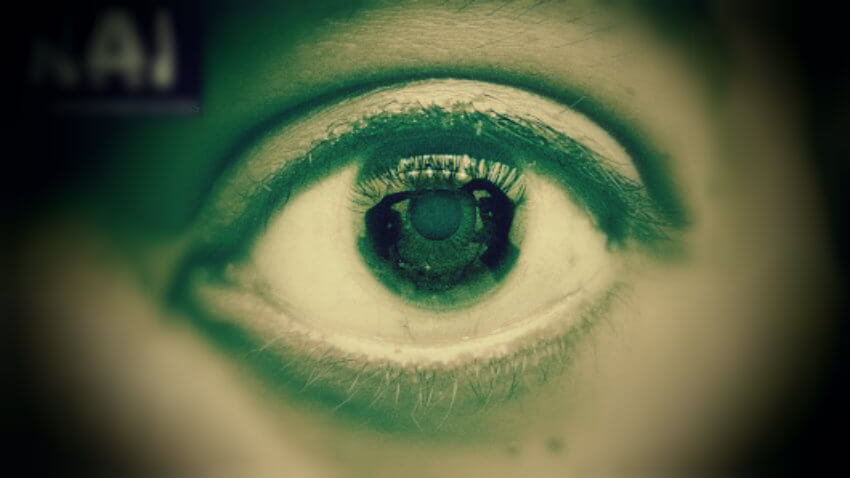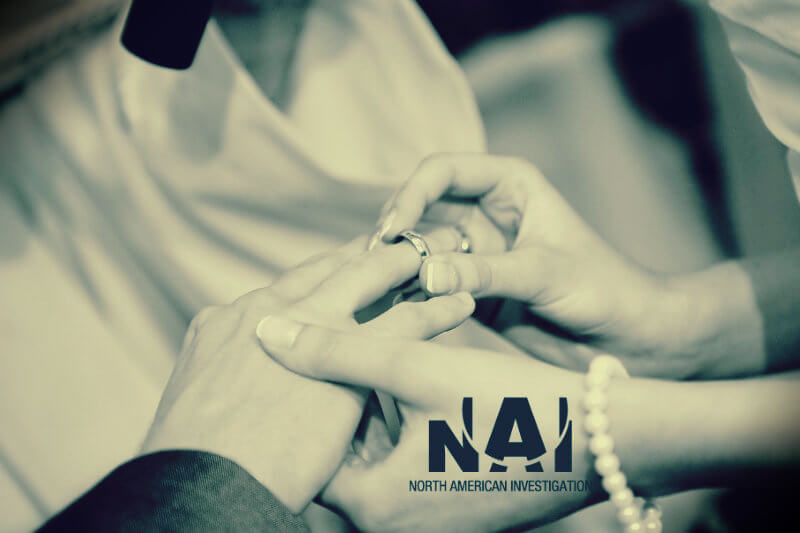
In television and movies, often the first indication that a spouse or significant other is cheating is an odd number showing up on a telephone bill. In real life however, phone records don’t prove as much as you might think and can actually be difficult to obtain. Individuals signs of cheating may be more successful in working with a private investigator to launch a surveillance investigation, particularly if the plan is to use evidence of infidelity in a court matter such as a divorce.
The legal problem with phone records
For almost a decade, phone records have been protected by the federal Telephone Records and Privacy Protection Act of 2006. The act makes it illegal to obtain phone records unless you have an applicable court order such as might be obtained during a lawsuit or law enforcement investigation. An individual – or even a professional private investigator – are unlikely to be able to obtain such an order based on suspicions of infidelity.
In fact, in the state of New York, a private investigator that does obtain detailed phone records without the consent of the person who owns the telephone or cell phone account is likely doing so via fraudulent means. The 2006 Act discusses fraudulent attempts to gain access to phone records and attaches such acts to criminal penalties, which is why individuals would not want a PI to take such action on their behalf.
Phone records leave gaps in the story
Even when phone records are available, such as when they are part of a joint account and one account holder gives permission for records to be viewed, data is often inconclusive. Phone records provide a basic narrative of how many calls someone made and received, sometimes with names or numbers attached. While an unusual amount of activity to and from certain numbers could indicate infidelity, there could be a number of other reasons for such calls.
Basically, phone records may help drive suspicions and provide a person with more confidence in seeking further investigation. Alone, however, records don’t prove infidelity and certainly won’t hold up in court as singular proof that infidelity exists.
A picture is worth 1,000 phone numbers
Video and photo surveillance is much more powerful in or out of court than phone records are. A simple picture provides more information about the intent between two people than a black and white phone listing can. Video is even more powerful, because it lets you see activity between individuals or hear conversations.
Surveillance can:
• Determine the exact nature of a relationship between two people
• Provide unquestionable proof of infidelity if video catches the individual “in the act”
• Create a timeline or narrative of actions, which can be helpful when building a legal case
Why hire a PI for surveillance work
If all you want is knowledge about whether a spouse or significant other is cheating, then basic surveillance of any type may provide you with an answer. However, not all types of surveillance are legal, and no one wants to end up facing fines or criminal charges because they sought the truth.
That’s one of the main reasons to hire a professional private investigator, instead of trying to catch a cheater yourself. In New York, PIs are required to carry a license from the state. Before licenses are granted PIs have to pass a number of requirements, including background checks and an exam to show they are familiar with applicable laws and requirements.
Professional licensing not only means a private investigator is more likely to obtain evidence that is admissible in court, but the PI can also be used as an expert witness. PI testimony has been used in personal injury lawsuits as well as divorce cases. Even if you aren’t sure what you will do with surveillance evidence, protecting future abilities to use information in court may be a good idea.
PIs usually have special training
Many private investigators come from law enforcement or other backgrounds that provide them with enhanced surveillance skills and experience, making it more likely they can capture the information needed. Even PIs that don’t have a legal or criminal justice background possess an in-depth understanding of surveillance law and equipment, including things like publicly accessible databases that can be used to help identify and locate people. Overall, a private investigator can help you seek answers in a legal, efficient, and admissible manner.




